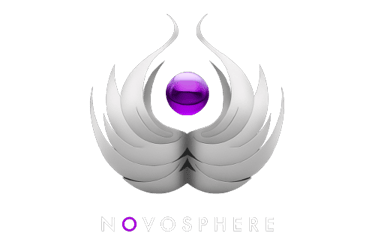Unraveling the Future of Human Augmentation: Prosthetics, Bionics, and Beyond
Explore the fascinating world of human augmentation in this blog post, where we delve into the advancements in prosthetics, bionics, brain-computer interfaces, gene editing, and nootropics that are revolutionizing healthcare and pushing the boundaries of human capabilities.
DIGITALEVOLUTIONAIHEALTHCARE TOMORROWHUMAN AUGMENTATION
Yasir Bucha
10/23/20231 min read


In the realm of medical science, prosthetics and bionics stand as a testament to human ingenuity, aiming to replicate or enhance our natural abilities. These technological advancements are not just about replacing lost functions; they are about augmenting the human experience and pushing the boundaries of what is possible.
Myoelectric prosthetics, such as artificial arms and legs, utilize electrical signals from muscles to restore mobility. While they currently lack sensory feedback, the potential for future developments is immense. Bionic eyes, lenses, and mechanical eye implants are revolutionizing the way we perceive the world, converting light into energy that is directly transmitted to the brain. Cochlear implants have already made significant strides in restoring auditory capabilities, creating an artificial link between the ears and the brain.
The field of robotics has also made significant contributions, with the development of robotic exoskeletons that enhance physical capabilities. These exoskeletons are not just for medical purposes; they are also being utilized in various professions such as firefighting, construction, and the military, to reduce physical strain and enhance performance.
The integration of brain-computer interfaces (BCI) is another groundbreaking development. BCIs allow for direct communication between the brain and machines, bypassing the need for physical interaction. This technology is not just about controlling computers and digital devices; it is about improving human cognition and potentially helping those suffering from paralysis, amyotrophic lateral sclerosis, cerebral palsy, and stroke.
Furthermore, the fields of gene editing and nootropics are opening new doors in human augmentation. Gene editing provides the possibility of preventing genetic diseases and congenital defects, while nootropics, also known as 'smart drugs' or 'brain steroids,' are chemicals that enhance brain function and mental capacity.
The future of healthcare is undoubtedly exciting, with these advancements paving the way for a world where the limitations of the human body are a thing of the past.
#HealthcareTomorrow #Prosthetics #Bionics #BrainComputerInterface #GeneEditing #Nootropics #MedicalScience #FutureOfHealthcare
NovoSphere
Creating Convenience Through Innovation
Copyrights © 2023 - NovoSphere | All rights Reserved

